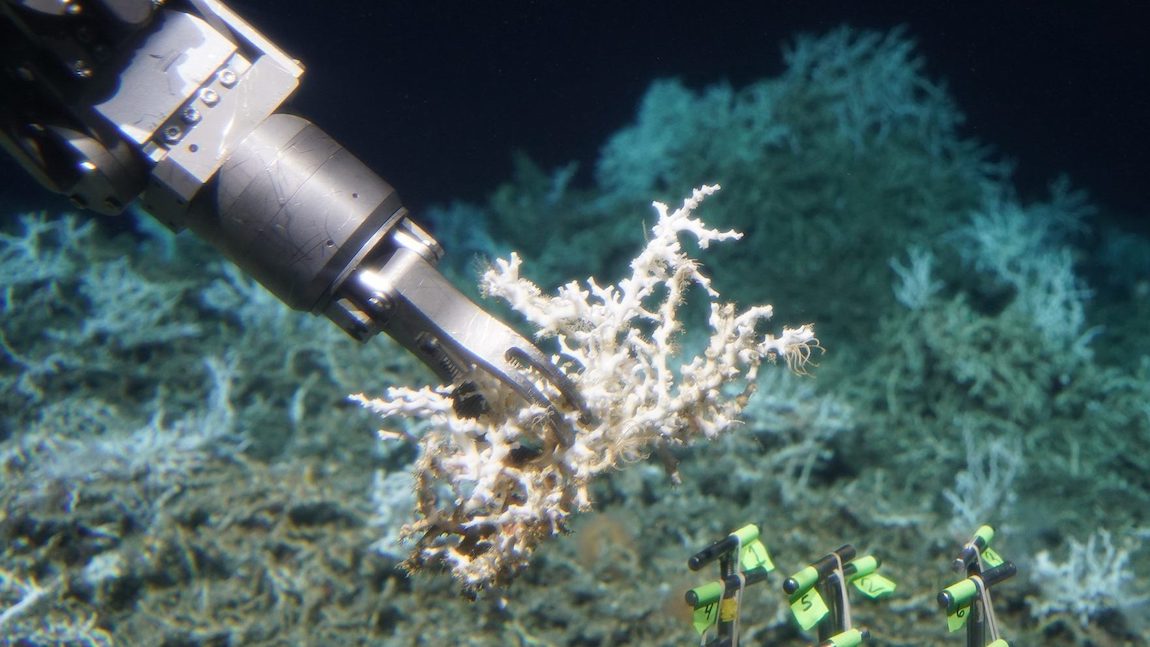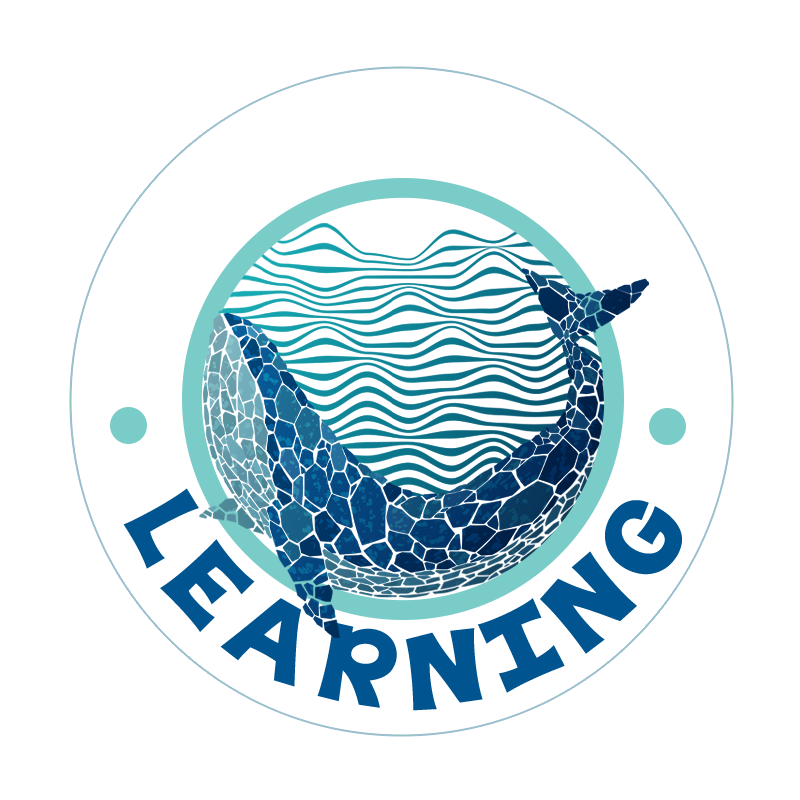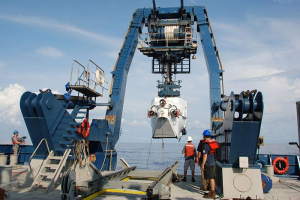
New Atlantic Reef Discovered
Sources:
- https://www.ajc.com/news/local/massive-hidden-coral-reef-discovered-off-south-carolina-coast/w7Jd82NWSNLxA0Gzdq0VdL/
- https://www.upi.com/85-mile-long-coral-reef-discovered-off-the-coast-of-South-Carolina/8281535547497/
- https://www.nbcnews.com/mach/science/huge-deep-sea-coral-reef-discovered-south-carolina-coast-ncna904821
- https://oceanexplorer.noaa.gov/explorations/18deepsearch/logs/aug23/aug23.html
Curriculum Reference Links
- Nature of Science / Communicating in Science / 8: Students should be able to evaluate media-based arguments concerning science and technology
- Physical World / Sustainability / 8: Students should be able to research and discuss the ethical and sustainability issues that arise from our generation and consumption of electricity
[wpc_button]


Deep Search 2018 had lofty goals: to research and safeguard habitats off the United States’ East Coast. What they got was more than anyone expected.
The expedition was scheduled to take place from August 19 to September 2, 2018. On August 23, Day 4 of the mission, divers discovered a coral reef more than 85 miles in length, nearly 2,000 feet beneath the surface of the ocean.
Deep Search 2018 was a collaborative project between the National Oceanic and Atmospheric Administration (NOAA), the Bureau of Ocean Energy Management, and the US Geological Survey.
Scientists used a research ship called Atlantis from the Woods Hole Oceanographic Institution, and a deep-sea submersible called Alvin. They completed 11 dives in the human occupied vehicle (HOV) Alvin as part of a larger effort to map unique deep-sea geological features along the East Coast.
During an eight-hour dive to the ocean floor, cameras on the submersible captured images of live corals perched on large mounds of dead corals—literally growing on top of their ancestors—indicating that this community has been thriving for hundreds or even thousands of years.
The 85-mile reef is located off the coast of Georgia and South Carolina, approximately 160 miles east of Charleston. The corals were mostly Lophelia, a variety of deep-sea corals that grow in cold, Atlantic waters. Along with Lophelia, the team brought back samples of other coral varieties, including octocorals.
Being undiscovered for so long has helped keep this incredible reef safe, but potential offshore oil drilling in the Atlantic could pose a threat to it in the near future.